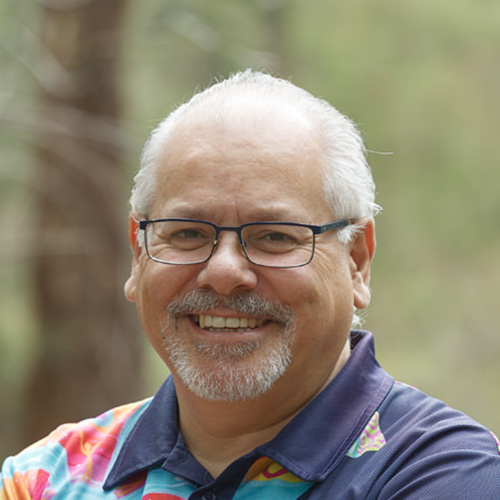Search
Research
Improving the capacity of researchers and bereaved parents to co-design and translate stillbirth research togetherWorking with bereaved parents in co-designed stillbirth research, policy and practice is essential to improving care and outcomes.
Research
Hospital and emergency department discharge against medical advice in Western Australian Aboriginal children aged 0–4 years from 2002 to 2018: A cohort studyDischarge against medical advice (DAMA) is a priority issue for the health system. Little is known about the factors associated with DAMA for Aboriginal and/or Torres Strait Islander (Aboriginal) children in Australia.
Research
Nonchromosomal birth defects and risk of childhood acute leukemia: An assessment in 15 000 leukemia cases and 46 000 controls from the Childhood Cancer and Leukemia International ConsortiumAlthough recent studies have demonstrated associations between nonchromosomal birth defects and several pediatric cancers, less is known about their role on childhood leukemia susceptibility. Using data from the Childhood Cancer and Leukemia International Consortium, we evaluated associations between nonchromosomal birth defects and childhood leukemia.
Research
Fetal alcohol spectrum disorder and Aboriginal and Torres Strait Islander men: A discussion to be hadFetal alcohol spectrum disorder (FASD) is a lifelong disability of varying severity that occurs among individuals prenatally exposed to alcohol. Among Aboriginal and Torres Strait Islander (Indigenous) Australians, the effects of colonisation and ongoing racism could increase the risk of alcohol consumption during pregnancy.

People
Associate Professor Glenn PearsonDirector of First Nations Strategy and Leadership; Head, First Nations Health and Equity Research


News & Events
Ideas Grants to support innovative researchTwo research teams, led by The Kids Research Institute Australia, have been awarded more than $2 million to fund innovative projects.
Research
‘Defying the odds’: Exploring the impact of perinatal outcomes, maternal social and health outcomes and level of culturally appropriate service availability on the health of Western Australian Aboriginal infants and childrenCarrington Fiona Shepherd Stanley PhD FAA FASSA MSc MD FFPHM FAFPHM FRACP FRANZCOG HonDSc HonDUniv HonFRACGP HonMD HonFRCPCH HonLLB (honoris causa)
Research
Genetic Research and Aboriginal and Torres Strait Islander AustraliansHuman genetic research promises to deliver a range of health benefits to the population. Here we consider how the different levels of Indigenous research...
Research
Adjusting for under-identification of Aboriginal and/or Torres Strait Islander births in time series produced from birth recordsStatistical time series derived from administrative data sets form key indicators in measuring progress.
